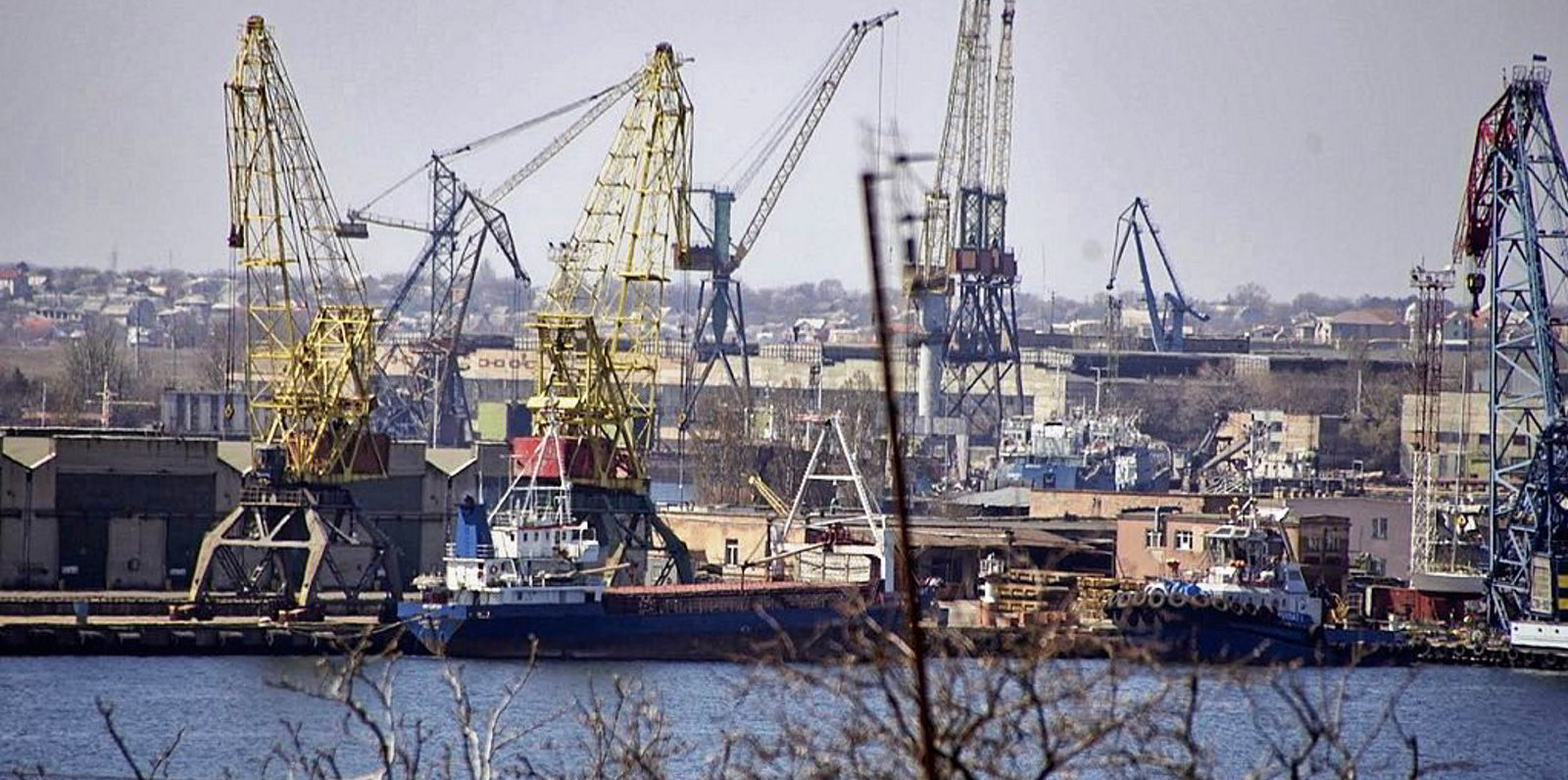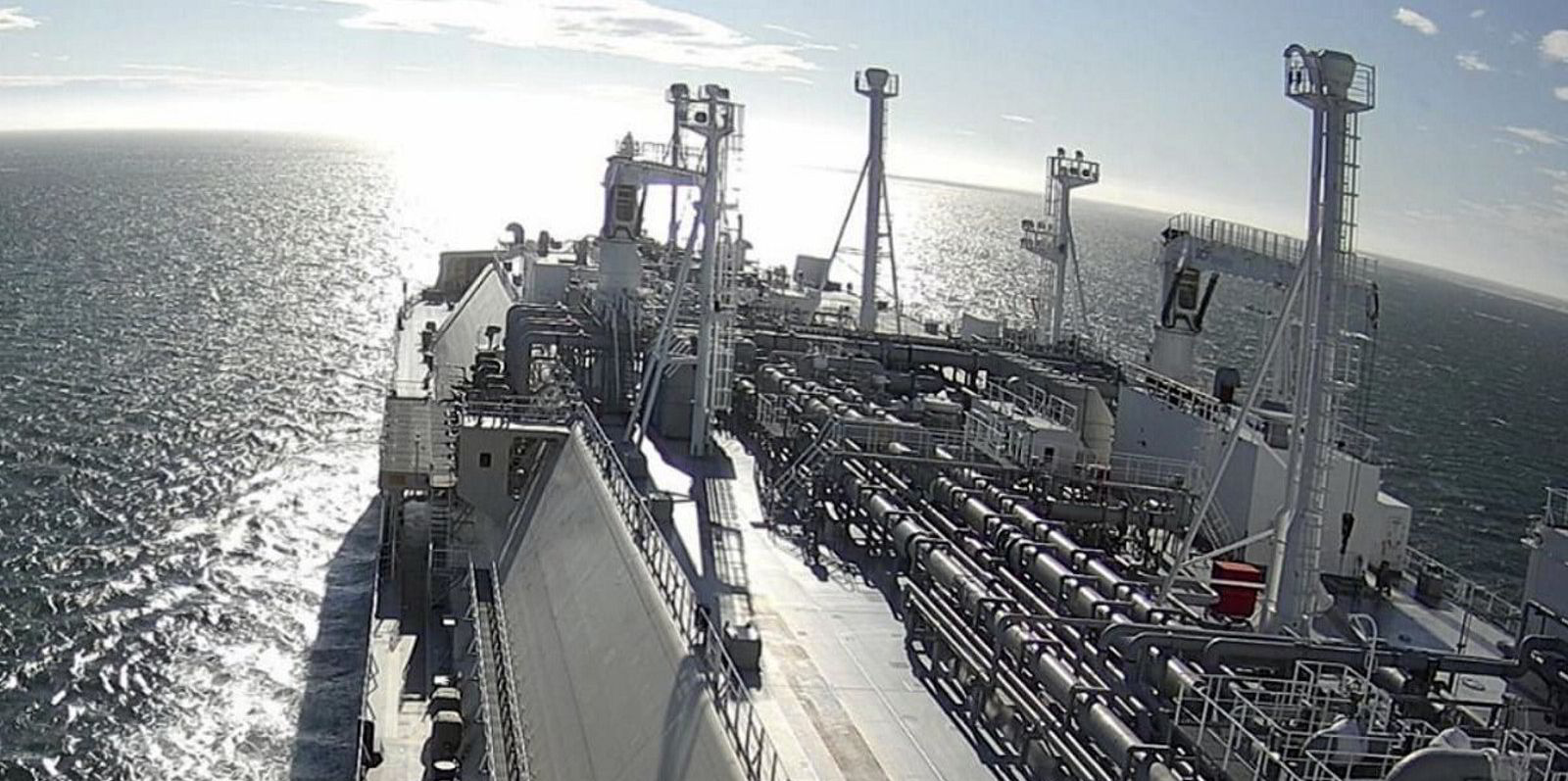This week the human and economic toll of the conflict in Ukraine take centre stage. Seafarers have been fatally caught in the crossfire, while industry stakeholders are scrambling to distance their business with Russia, which has rapidly acquired pariah status
Innocent seafarers are now apparently fair game in the brutal conflict between Russia and Ukraine. Yesterday an Estonian bulk carrier Helt sank after hitting something that caused a “loud explosion” having been at anchor outside the Ukrainian port of Odessa since late February. Its six crew members managed to escape. The Estonian ship manager said the vessel is thought to have “hit a mine”. The version being spun by the Ukrainian port authorities is that the ship was ordered to advance towards Odessa by a Russian warship in an effort to clear mines in the area.

A Bangladeshi seafarer lost his life earlier in the week after his vessel was hit by a munition in the Ukrainian port of Olvia. Engineer Hasidur Rahman, one of 29 crew members of Bangladeshi bulker Banglar Samriddhi, was killed when a missile slammed into the ship’s bridge. These are the latest of five attacks on commercial shipping in the area.
Russia has been at pains to insist that the conflict is not a ‘war’ but a ‘special military operation’. The semantics won’t make any difference to the family of Hasidur Rahman or the crew of Helt. Nor will they comfort the hundreds of seafarers trapped on ships in the theatre of operations right now in fear of their lives.
Meanwhile, Western countries have been busy implementing layers of sanctions against Russian interests, some of which have touched on shipping. On Thursday, the UK announced plans to block Russian firms from accessing the Lloyd’s of London insurance market. Danish bunker and tanker company Monjasa said it was halting the use of Russian bunker fuel in its operations, while trader Trafigura was struggling to find buyers for its Russian oil.
What does all this mean for shipping? It raises an unprecedented dilemma that was best spelled out by a panel of executives at the TradeWinds Shipowners Forum USA on Thursday. Leading shipping names wrestled with myriad challenges from seafarer safety to viewing their business through a new “moral overlay”. For Eagle Bulk Shipping’s Gary Vogel the dilemma can be distilled to a single question that will likely shape shipping, at least in the near term: “You have to ask yourself, ‘Do you want to be doing business with Russia?’”





